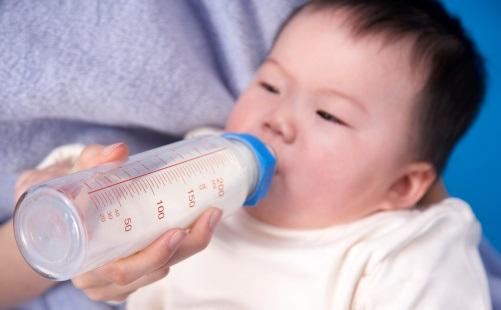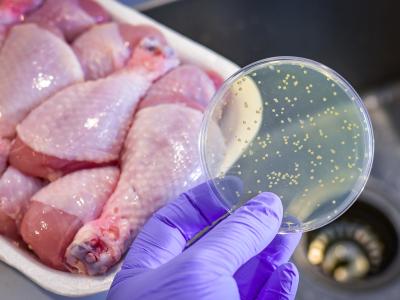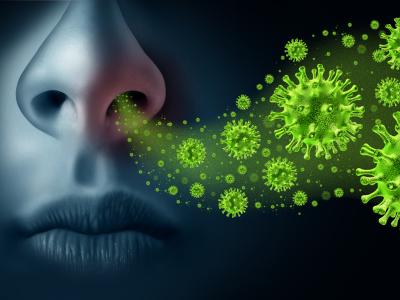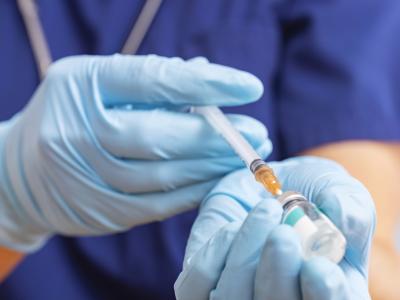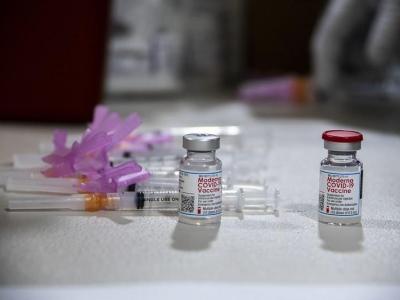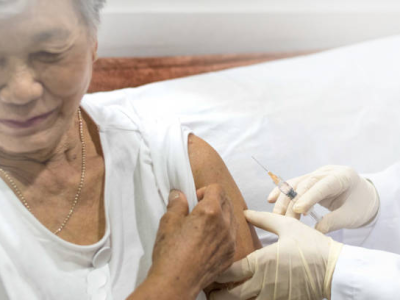Human milk bought via the Internet stands a good chance of being contaminated with high levels of pathogenic bacteria, according to a study published today in Pediatrics.
A team of researchers from Nationwide Children's Hospital in Columbus, Ohio, and other Ohio institutions bought 101 breast milk samples from a popular US milk-sharing Web site and tested them for bacteria. They also tested 20 samples of unpasteurized milk donated to a milk bank.
The team found that 74% of the Internet samples contained Gram-negative bacteria or had high aerobic bacteria counts (more than 10,000 colony-forming units per milliliter). They had higher total counts of aerobic, Gram-negative, coliform, and Staphylococcus species than the milk bank samples did. For most species, higher counts were associated with longer shipping time and lower counts with fewer months since the milk was expressed.
No samples were positive for HIV type 1 RNA, but 21% of the Internet samples tested positive for cytomegalovirus DNA, the report says.
"We were surprised so many samples had such high bacterial counts and even fecal contamination in the milk, most likely from poor hand hygiene. We were also surprised a few samples contained Salmonella," Sarah A. Keim, PhD, of Nationwide Children's and Ohio State University, said in a hospital press release.
"Other harmful bacteria may have come from the use of either unclean containers or unsanitary breast milk pump parts."
Nineteen percent of the Internet sellers did not include dry ice or use another cooling method, and the temperature of the milk was outside the recommended range, according to the release.
Keim said it is difficult to know if a particular infant would be sickened by consuming any given bottle of milk, but the types of bacteria found in the online samples could cause illnesses known to be linked to contaminated breast milk. Milk banks are a safer source if a mother cannot provide milk, she said, because donors receive proper instructions and the milk is pasteurized after it is donated.
The study is the first to examine the safety of selling breast milk over the Internet, a practice that has grown in recent years, the release says. It says it's unknown just how common the practice is, but an earlier study found that 13,000 postings were placed on US milk-sharing sites in 2011.
To buy their samples, the researchers responded to ads from sellers who did not ask about the infant receiving milk and who did not require a phone call before a transaction was made, the release notes.
See also:
Oct 21 Pediatrics abstract
Oct 21 Nationwide Children's Hospital press release
